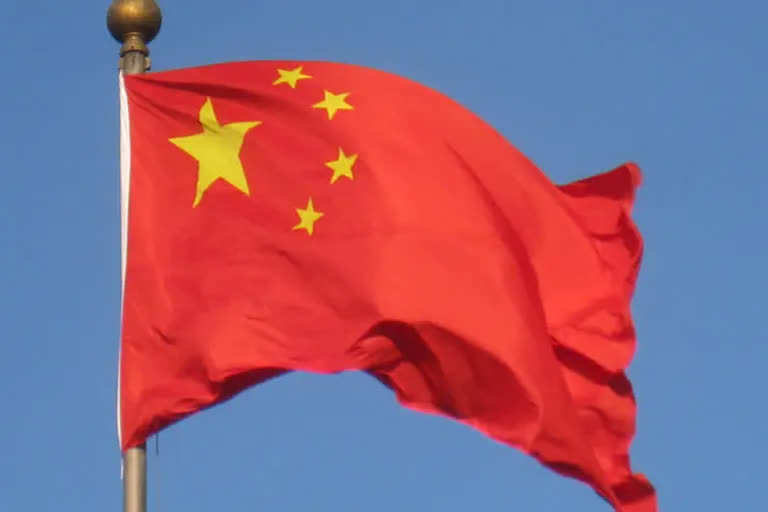Perth:The fate of Myanmar has major implications for a free and open Indo-Pacific. An undemocratic Myanmar serves no one's interests except China, which is consolidating its economic and strategic influence in its smaller neighbour in pursuit of its two-ocean strategy. This includes US$2.5 billion in a gas-fired power plant to be built west of Myanmar's capital, Yangon, that will be 81% owned and operated by Chinese companies.
Among the dozens of infrastructure projects China is funding are high-speed rail links and dams. But its most strategically important investment is the China-Myanmar Economic Corridor, encompassing oil and gas pipelines, roads and rail links costing many tens of billions of dollars. The corridor's jewel in the crown is a deep-sea port to be built at Kyaukphyu, on Myanmar's west coast, at an estimated cost of US$7 billion.
This will finally give China its long-desired back door to the Indian Ocean. Natural gas from Myanmar can help China reduce its dependence on imports from suppliers such as Australia. Access to the Indian Ocean will enable China to import gas and oil from the Middle East, Africa and Venezuela without ships having to pass through the contested waters of the South China Sea to Chinese ports.
About 80% of China's oil imports now move through the South China Sea via the Malacca Strait, which is just 65 kilometres wide at its narrowest point between the Malay Peninsula and Indonesia's Sumatra. Overcoming this strategic vulnerability arguably makes the Kyaukphyu port and pipelines the most important element of China's Belt and Road initiative to reshape global trade routes and assert its influence over other nations.
Deepening relationship. Most of China's infrastructure investment was planned before Myanmar's coup. But whereas other governments and foreign investors have sought to distance themselves from the junta since it overthrew Myanmar's elected government in February 2021, China has deepened its relationship.
China is the Myanmar regime's most important international supporter. In April Foreign Minister Wang Yi said China would support Myanmar no matter how the situation changes. In May it used its veto power on the United Nations Security Council to thwart a statement expressing concern about violence and the growing humanitarian crisis in Myanmar.
Work continues on projects associated with the China-Myanmar Economic Corridor. New ventures (such as the aforementioned power station) have been approved. More projects are on the cards. In June, for example, China's embassy in Myanmar announced the completion. In 2020, before the coup, Myanmar's auditor general Maw Than warned of growing indebtedness to China, with Chinese lenders charging higher interest payments than those from the International Monetary Fund or World Bank.
